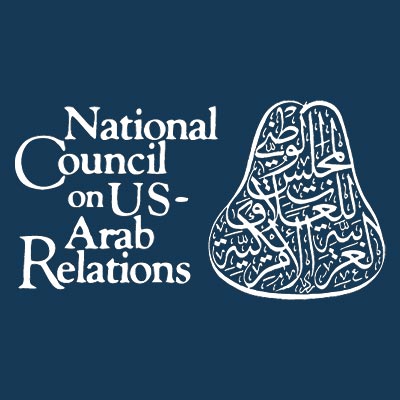Ramadan Diary: As Fasting Ends, the Lessons of Ramadan Linger – Ambah
Source: SUSRIS (Read full story)
Before we began our three-day Eid al-Fitr holiday, marking the end of Ramadan, I came across an article in a Saudi newspaper with a checklist of what makes a successful Ramadan. First on the list: Recognizing that one can change for the better and acquiring patience and strong will. This month my deficiencies have shone as if spotlights were directed at them. The article continues: Successful fasting means not only abstaining from food, drink, and lust from dawn to dusk, but also being honest, patient, and forgiving. I lose my temper with my children and argue with my sisters regularly. But, because I’m fasting and conscious of Ramadan’s requirements, I have become aware of that single moment, as quick as a finger-snap, when a person gives themselves the green light to lose their temper.
…
Thousands attend Eid Al Fitr prayers at Abu Dhabi’s Sheikh Zayed Mosque
Source: The National (Read full story)
…
Despite the number of people present, a festive mood prevailed, as women embraced and everyone shared Eid greetings. Sheikh Mohammed bin Zayed Al Nahyan, Crown Prince of Abu Dhabi and Deputy Supreme Commander of the UAE Armed Forces, was among the masses offering Eid prayer at the mosque this morning. He was joined by Sheikh Mansour bin Zayed Al Nahyan, Deputy Prime Minister; Sheikh Abdullah bin Zayed, Foreign Minister; and Sheikh Saif bin Zayed, Interior Minister; as well as members of the royal family, government ministers and a large number of sheikhs. After the prayer, Sheikh Mohammed, members of the royal family and other dignitaries and ministers visited the tomb of his father, the late Sheikh Zayed bin Sultan Al Nahyan, and prayed to God to admit the departed soul to eternal paradise.
…
Ramadan activities at Katara a huge draw
Source: The Peninsula (Read full story)
…
The Ramadan festival of Katara was inspired by Arabic calligraphy and the Qur’an, with a “Shared Journey” exhibition featuring the prized collection of art collector Ibrahim Fakhroo. The exhibition displayed the historical development of Arabic calligraphy through the unique pieces that Fakhroo has collected over the years. The exhibition runs until August 31 at Galleries 1 and 2 in Building 22. The expo is just one of a dozen exhibitions that revolve around the common theme of Arabic calligraphy. Mohamed al-Kuwari, a visitor, said he and his family were thrilled by Katara’s Ramadan activities as they gave them a glimpse into Arabic calligraphy and the evolution of calligraphy in the Qur’an through the ages.
Another visitor, Khalid Saeed, felt that the events at Katara went beyond traditional calligraphy and displayed it in a dazzling form.…
Eid Habta market relives local tradition
Source: Times of Oman (Read full story)
Hundreds of people from across Oman are thronging the traditional Eid Habta livestock markets, buying and selling livestock and animatedly participating in noisy auctions of prize animals, notwithstanding the fact that prices of livestock have been skyrocketing. Eid Habta, which begins six days before Eid, is an integral part of the festivities. Held traditionally for centuries, the Eid Habta markets have been witnessing huge crowds of Omanis — right from the early hours of the morning — to sell and buy livestock. As people from virtually every village of every wilayat in Oman rub shoulders with each other, querying about prices and adjudging the up-for-grabs goats, cows and sheep, the scene is straight out of a centuries-old historical narration of a market. Eid Habta livestock markets at times see auction of animals that are three times more expensive than even the imported ones.
…
…
Colourful fruit baskets lining grocery shops in Emirati neighbourhoods, busy tailor shops working through the night to finish customising shed loads of celebratory outfits, crowded supermarkets and over booked ladies’ salons announce the fever of Eid Al Fitr celebrations this weekend. For most it’s a family affair. “My father passed away, so now I’m the head of the family, so everybody will gather in my home in the first day of Eid,” said Nasser Al Kurby, a life long Abu Dhabi resident of Yemeni origin. He is expecting close to 40 relatives in his villa in Abu Dhabi, all treated royally, of course. For the Eid lunch three or four live goats will be bought from the market, then taken to the slaughter house. “Not long ago, people used to slaughter the goats themselves, but this is illegal now in Abu Dhabi.
…

